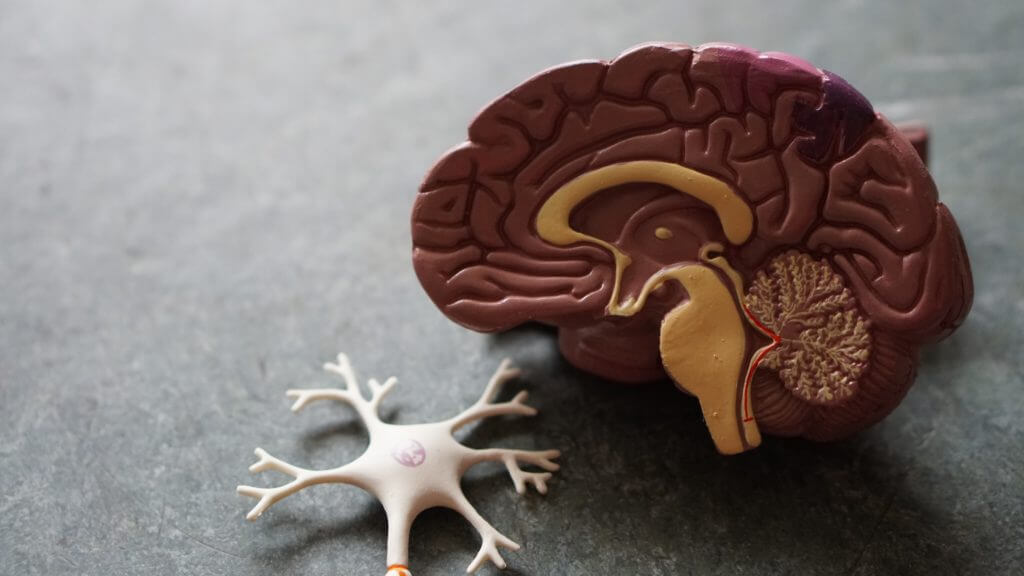
The Vagus Nerve – Your Body’s Information Super Highway
What first comes to mind when you think of the intelligence center of the body? Many will first think of the brain, but science is painting a much more complex picture of how our bodies process information. There are not only vast expanses of these smart cells in our brain but in our heart and digestive system as well. The old colloquial phrases “gut instincts” and “butterflies in our stomach” actually have a scientific, physical component that is vital to our survival and well being.

What is the Vagus Nerve?
The gut, brain, and heart share a special communication pathway in the body called the vagus nerve. Vagus, Latin for “wandering” describes this meandering nerve that runs in two main channels from the brain, to the heart, and into the systems of the digestive organs. It is the longest, and arguably the most powerful nerve in the body.
Along one channel, information flows through the brain and into the organ systems of the body. The other nerve transmits the information from the body to the brain to form a two-way street of communication. The vagus pathways allow us to experience sensory responses, as well as motor skills.
It turns out, gut instincts are far more than just an expression, they are a crucial component of some of our most important bodily functions. This reaction is hard-wired into our system to help us regulate our mood, heart rate, breathing, immune response, and digestion. Because the vagus nerve is involved with so many different aspects of health, researchers have begun to investigate how vagus nerve therapy can benefit overall health.

The Vagus Nerve’s Link to Health
For example, those suffering from physical conditions such as gastrointestinal disorders, rheumatoid arthritis, chronic inflammation, and auto-immune response may respond well to vagus nerve treatment. However, the benefits of the vagus nerve extend far beyond the physical. Research is suggesting that those suffering from mental/emotional conditions such as anxiety, bipolar, depression, epilepsy, PTSD and even Alzheimer’s disease may be able to find the path to improved health through toning their vagus nerve.
So what can you do to improve your vagus nerve health? Psychology experts recommend engaging in positive self-talk, and deep breathing a quick and effective way to engage the vagus nerve. For those suffering from mood disorders such as anxiety, scientific evidence again underlines the benefits of a yoga or meditation practice. A more radical approach is being developed called bioelectronics, which involves electrical stimulation through medical implants.
If you would like to consciously engage your vagus nerve more often, consider adding our Vagus Nerve Balance program to your routine.
Sources:
https://www.jneurosci.org/content/34/21/7067
https://www.ncbi.nlm.nih.gov/pmc/articles/PMC5859128/
http://mentalfloss.com/article/65710/9-nervy-facts-about-vagus-nerve






